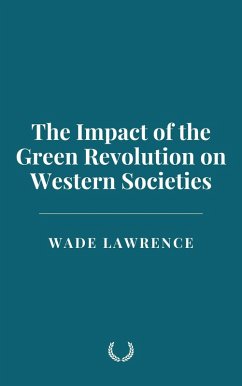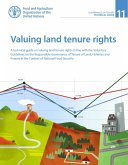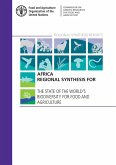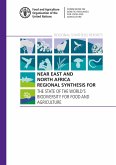Through a deep exploration of the social and political implications, the book discusses the growing inequalities that accompanied agricultural modernization, particularly the displacement of smallholder farmers and the consolidation of land and power in the hands of large agribusinesses. It also addresses the gendered impacts of the revolution, considering how women's roles in agriculture were reshaped by technological change. The book further examines the changing diets in Western societies, noting the shift toward processed, calorie-dense foods and the public health issues that emerged as a result.
The Green Revolution's global impact is explored in the context of its influence on developing nations, where it raised important ethical and political questions about food sovereignty, corporate control, and the sustainability of industrial agriculture. The book also considers the future of agriculture, reflecting on how biotechnology, genetic modification, and sustainable farming practices could provide solutions to contemporary challenges like climate change and food insecurity.
In this retrospective analysis, the Green Revolution emerges not just as a story of technological innovation but as a complex and ongoing legacy that continues to shape agricultural policies, environmental strategies, and global food systems. This book offers both a critical evaluation of the Green Revolution's past and a forward-looking exploration of how its lessons can inform a more sustainable and equitable future for food production worldwide.
Dieser Download kann aus rechtlichen Gründen nur mit Rechnungsadresse in A, B, CY, CZ, D, DK, EW, E, FIN, F, GR, H, IRL, I, LT, L, LR, M, NL, PL, P, R, S, SLO, SK ausgeliefert werden.









